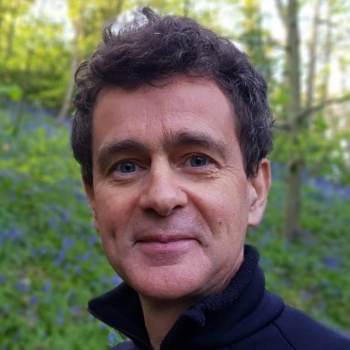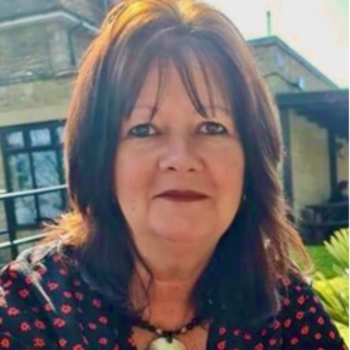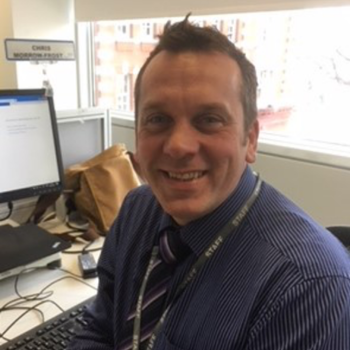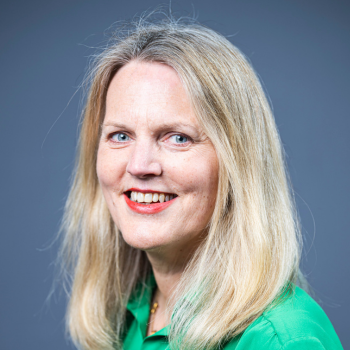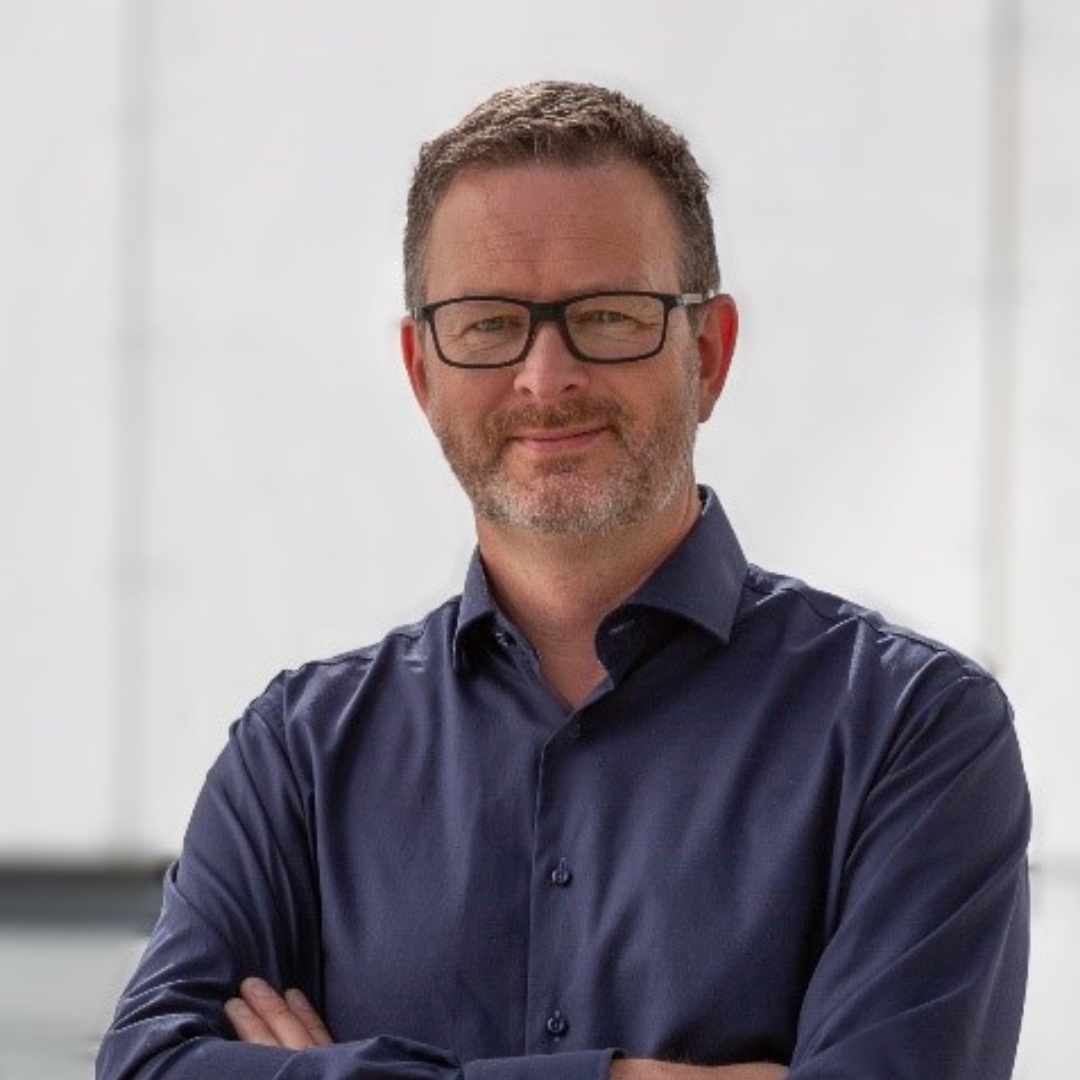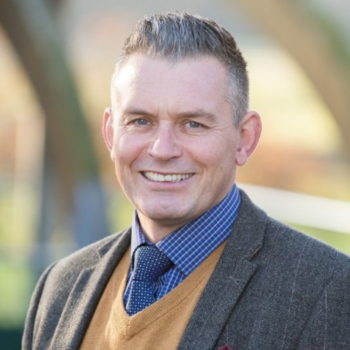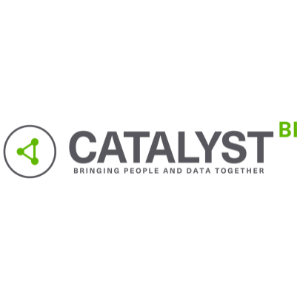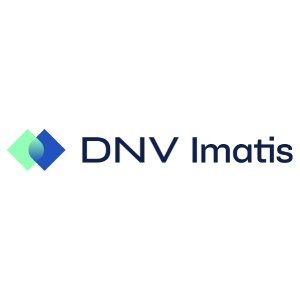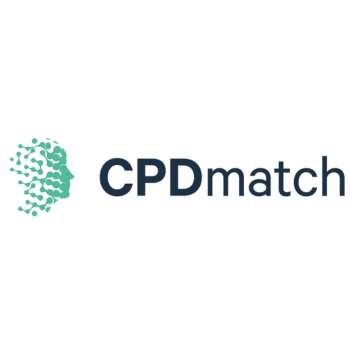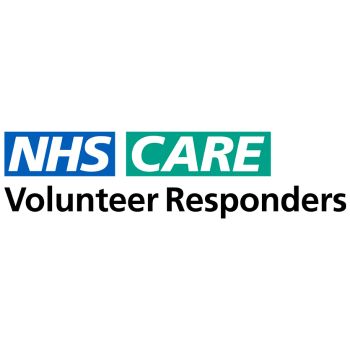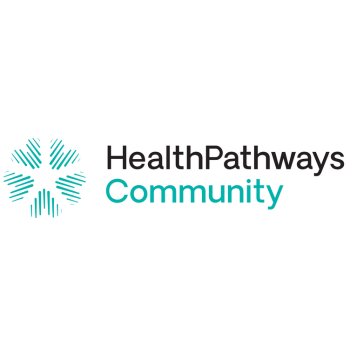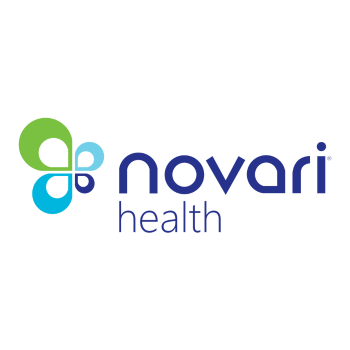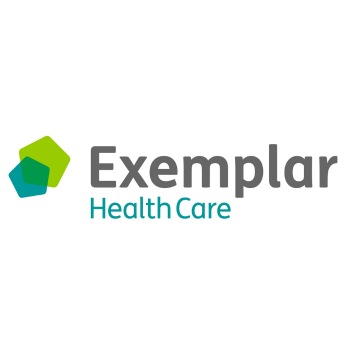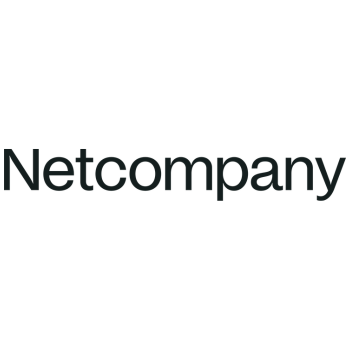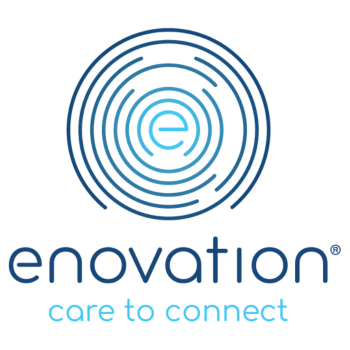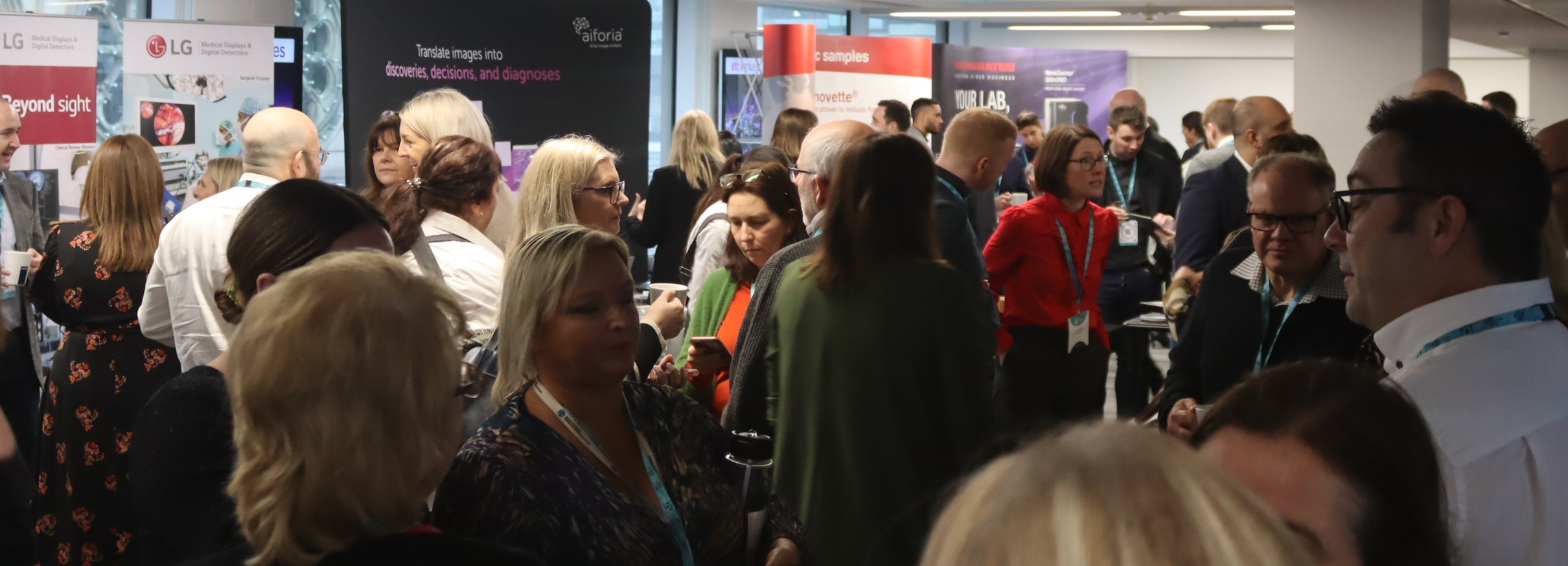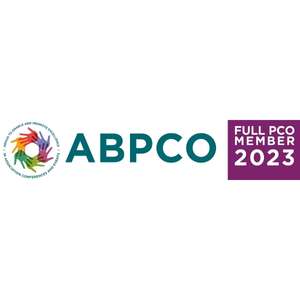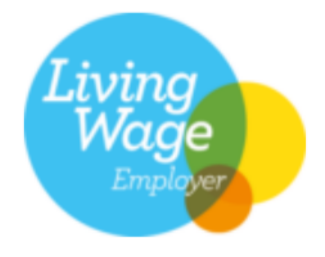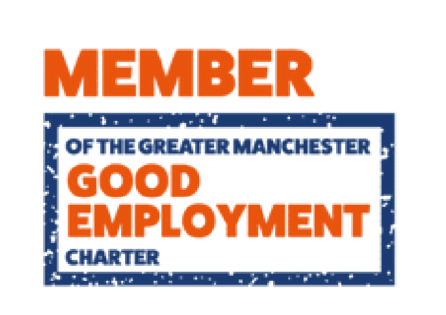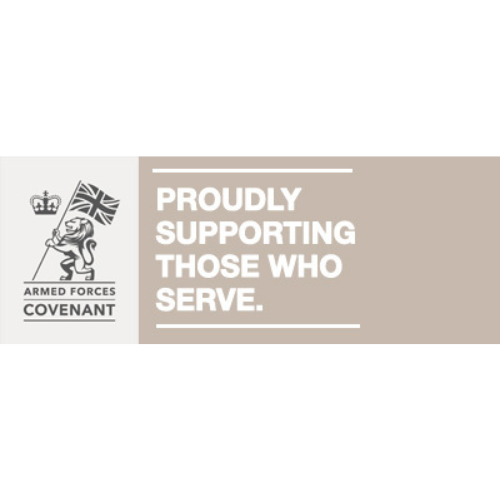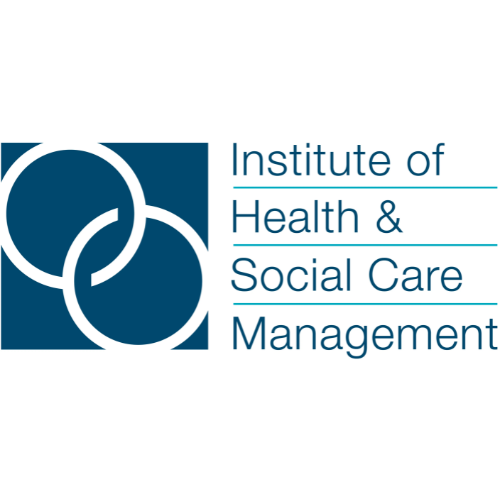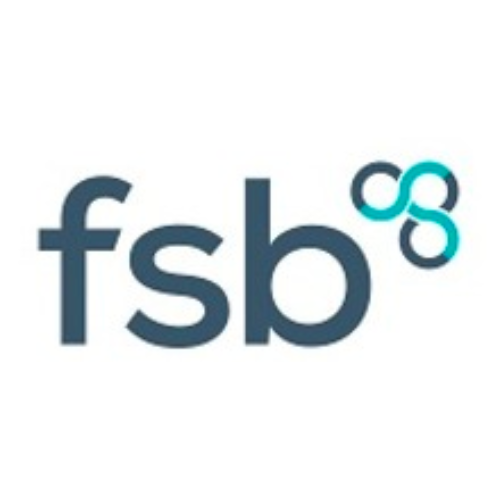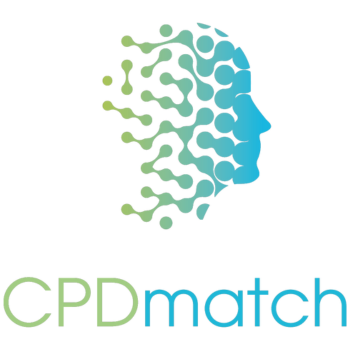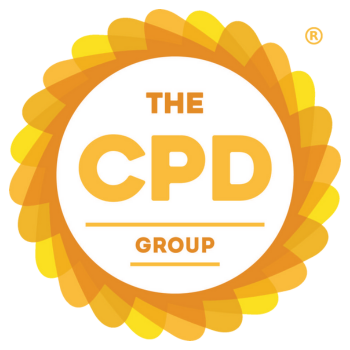The programme
08:30
Registration and Breakfast
Registration - Open from 8:30am - Closes at 10:30 am
All delegates must complete their registration process before the 10:30 AM cut-off time. Please arrive in a timely manner to allow for registration and to avoid any inconvenience. Delegates who arrive after the registration deadline will be refused entry to the event.
We appreciate your cooperation in helping us maintain the event's schedule and ensuring that everyone can fully participate in the Patient Flow Conference. If you have any questions or require assistance, our event staff will be available to assist you with the registration process.
Thank you for your understanding, and we look forward to an insightful and productive event together!
09:30
Chair Opening Address -Chris Morrow-Frost. National Clinical Advisor to secondary care at NHS England (Confirmed)
Chris Morrow-Frost
National Clinical Advisor to Secondary Care
NHS England
Chair Opening Address - Chris Morrow-Frost. National Clinical Advisor to secondary care at NHS England (Confirmed)
09:40
Keynote Presentation - Transforming Patient Flow: The national perspective (Confirmed)
Chris Morrow-Frost
National Clinical Advisor to Secondary Care
NHS England
As we continue to work in a challenging environment across the NHS, the need to consistently do the right things for patients and our staff is more important than ever. The ability to deliver high quality affordable care, in the right setting for our patients will only be possible if we evolve to deliver new models of care, transition from a model of care reliant on bedded facilities and embrace the many enablers that will support our journey.
This presentation will overview why it is so important that we transform patient flow not just within the acute environment but across the UEC pathway utilising known best practice and evolving model of cares to deliver UEC services we can all be proud of
10:00
Keynote Presentation - The impact of poor patient flow on patient experience (Confirmed)
Chris Johnson
Head of Patient Experience & Engagement
Northampton General Hospital
Poor patient flow from the patient’s perspective.
10:30
Case Study - Using Real-Time Data, AI and Machine Learning via the Athena Command Centre to improve patient flow and ease pressures on the NHS
Mike Cawthorn
Managing Director
Catalyst BI
Noel Watson
Senior Pre-Sales Consults
Catalyst BI
Case Study - Catalyst BI
The award-winning Athena Command Centre presents a comprehensive solution by furnishing multi-disciplinary hospital flow teams with decision-ready data. This data and AI ready platform offers real-time insights into the hospital's operational status, effectively pinpointing areas of pressure and bottlenecks. It meticulously measures 80 key performance areas of Urgent and Emergency Care Patient Flow, encompassing all the established UK KPIs including NHS England OPEL parameters.
The true impact is delivered in real time outcomes with:
- 94.7% stat on waiting times across users
- 11 min - Average Ambulance Handover v 15 min target
- Achieving over 86% predictive modelling rates
- Savings of approximately £70k - £200k per annum on FTE redeployments and workforce management
- Real-time bed state and availability with the ability to communicate directly with ward teams
Furthermore, the predictions are used to improve weekly workforce planning meetings, reviewed on a 4 hour window to assess immediate impacts and shared with the external stakeholders to support community and residential care availability providing opportunities for earlier discharges.
11:50
Chair Morning Reflection - Chris Morrow-Frost. National Clinical Advisor to secondary care at NHS England (Confirmed)
Chris Morrow-Frost
National Clinical Advisor to Secondary Care
NHS England
Chair Morning Reflection - Chris Morrow-Frost. National Clinical Advisor to secondary care at NHS England (Confirmed)
11:55
Case Study - We streamline and automate the hospital flow
Michael Fjeldstad
Solution Consultant
DNV Imatis AS
Christopher Betts
Business Development and Sales Leader
DNV Imatis
Case Study - DNV Imatis
Title: We streamline and automate the hospital flow
12:15
Case Study - Driving Operational Change with Real-Time Data: Why a hospital is like an airport
Julian Brailsford
Principal - Platforms
Netcompany
Andy Williams
Interim Chief Digital Officer
Harrogate &District NHS Foundation Trust
Case Study - Netcompany
In this session, we explore how real-time data is transforming operational decision-making, improving efficiency, and relieving administrative burden. Learn about the practicalities of modernising complex legacy systems and gain insight from innovations being used across airports - a complex organisational ecosystem similar in design to hospital operations.
By applying these lessons to the healthcare sector, we delve into how hospitals can use similar data-driven approaches to improve patient flow, resource allocation, and overall care delivery. Emphasising the shift to flexible, modular systems, this session highlights the potential for reduced waiting times, optimised resource use and patient flow, and better patient outcomes.
12:35
Keynote Presentation - Data Analytics to Understand Patient Flow (Confirmed)
Andy McCann
Lead Data Scientist ML Nursing & Urgent Care
NHS ML
Andy takes a whistle-stop tour of his journey within NHS ML using a variety of data analytic techniques to understand patient flow and communicate insight to clinical colleagues.
12:55
Case Study - From Patient discharge to transfer of care
Rob Hurrell
Senior Business Development Manager
Enovation
14:00
Chair Afternoon Address - Chris Morrow-Frost. National Clinical Advisor to secondary care at NHS England (Confirmed)
Chris Morrow-Frost
National Clinical Advisor to Secondary Care
NHS England
Chair Afternoon Address - Chris Morrow-Frost. National Clinical Advisor to secondary care at NHS England (Confirmed)
14:05
Case Study - Accelerating discharge and enhancing patient care
Fiona Longhurst
Director of Knowledge
Royal Voluntary Service
Case Study - Royal Voluntary Service
The NHS and Care Volunteer Responders programme is a unique partnership between NHS England, Royal Voluntary Service, and tech platform GoodSAM, with over 43,000 volunteers providing essential support to healthcare teams across England.
Volunteers play a crucial role in expediting patient discharge from hospitals through the Pick Up and Deliver Service which ensures that medications are delivered directly to patients’ homes after they leave hospital.
In addition to medication delivery, Pick Up and Deliver volunteers can transport medical devices and mobility aids to and from patient’ homes from NHS sites, contributing to NHS England’s net zero targets.
Join us in exploring how the NHS and Care Volunteer Responders programme can be an invaluable asset in your efforts to improve patient flow, enhance patient care, and support healthcare priorities.
14:25
Keynote Presentation - Optimising UEC pathways to enhance operational efficiency, alleviate A&E wait times and improve patient experience (Confirmed)
Dr Sulaxni Nainani
Deputy Chief Medical Officer
NHS Leicester, Leicestershire & Rutland ICB
Kerryjit Kaur
Head of Integration and Transformation
NHS Leicester, Leicestershire & Rutland ICB
How the health and care organisations in Leicester, Leicestershire and Rutland are working together across the system to support our urgent care demand and ambulance handovers.
14:45
Panel Discussion: Leadership in Action: Optimizing Patient Flow through Strategic Vision and Workforce Culture
Andrew Stradling
Chief Medical Officer
NHS LPP; M&S H&CP; HCSA National Council
Dr Sulaxni Nainani
Deputy Chief Medical Officer
NHS Leicester, Leicestershire & Rutland ICB
Dr. Simon Moralee
Head of Health Management Group, Senior Lecturer in Healthcare Management, Alliance Manchester Business School
The University of Manchester
This panel discussion will explore the vital role of leadership in shaping and executing strategic visions to optimise patient flow within the healthcare system. The conversation will emphasize how effective leadership fosters a positive workforce culture by empowering, engaging, and supporting staff through open communication, collaboration, and continuous professional development. Panelists will also address key workforce challenges, including staffing shortages and workload management, highlighting the importance of prioritizing workforce well-being. Additionally, the discussion will focus on how leadership can drive and sustain cultural transformation within the NHS, breaking down silos and promoting a culture of continuous improvement to enhance patient flow.
Panellists:
- Andrew Stradling, Chief Medical Officer, NHS LPP, HCSA (Confirmed)
- Dr. Simon Moralee, Head of Health Management Group, Senior Lecturer in Healthcare Management, Alliance Manchester Business School, The University of Manchester (Confirmed)
-
Dr Sulaxni Nainani, Deputy Chief Medical Officer, NHS Leicester, Leicestershire & Rutland ICB (Confirmed)
15:15
Hot Buffet Food & Drinks Reception
Hot Buffet Food & Drinks Reception



